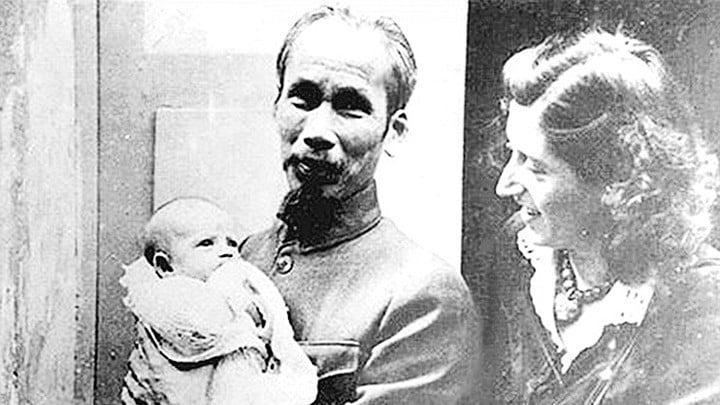Why is intermittent fasting effective for fatty liver?
Intermittent fasting is based on the idea that fasting causes the body to switch from using glucose from the liver to ketones from fat cells as its primary energy source. This process activates metabolic pathways that increase resistance to oxidative stress and metabolic stress. This is the mechanism that helps remove damaged cells and promote liver cell regeneration.
In addition, this way of eating also activates the "autophagy" process of cells, through which damaged components in liver cells are removed and regenerated.

Intermittent fasting shows initial effectiveness for fatty liver disease
Illustration: AI
Popular forms of intermittent fasting
Some popular forms of intermittent fasting include:
Time-restricted fasting : Eat during a specific time each day, for example only eat from 9am to 5pm.
Alternate day fasting: Alternate normal eating days with fasting days.
5:2 diet: 1-2 days per week limit calories to 20-25% of needs, eat normally on the remaining days.
Fatty liver disease and the role of intermittent fasting
Fatty liver is becoming the leading cause of chronic liver disease, with progression ranging from fatty liver to steatohepatitis, cirrhosis and liver cancer.
Lifestyle interventions, particularly diet and physical activity, remain the first-line treatment options. Among these, intermittent fasting is gaining attention due to its marked effects on liver fat and related markers.
A meta-analysis showed that intermittent fasting was a powerful way to reduce liver fat while improving liver enzyme markers.
A study conducted by Hangzhou Xixi Hospital and Hangzhou First People's Hospital, China Medical University in 2024 aimed to evaluate the effects of the 5:2 diet on weight and metabolic parameters in patients with fatty liver disease, compared with a daily calorie-restricted diet.
In the study, 60 patients with fatty liver were divided into 2 groups:
Group 1: Follow the 5:2 diet, restricting calories for 2 days per week and not restricting the remaining 5 days
Group 2: Eat a restricted daily calorie diet
After 12 weeks of monitoring, the researchers concluded: The 5:2 diet not only helps lose weight and reduce visceral fat, but also improves liver enzymes, triglycerides, and inflammatory markers in patients with fatty liver.
Important Note
Dr. Padmini cautions that you should consult your doctor before starting any form of fasting, especially if you have liver disease or other underlying medical conditions.
Combine intermittent fasting with a healthy diet and active lifestyle for optimal results.
Intermittent fasting is not suitable for everyone, especially some people with severe liver disease.
Although initial results are promising, further large and long-term studies are needed to confirm the effectiveness of intermittent fasting for chronic liver disease.
Source: https://thanhnien.vn/mac-gan-nhiem-mo-bac-si-khuyen-thu-an-theo-cach-nay-185250814164107329.htm
































































































Comment (0)